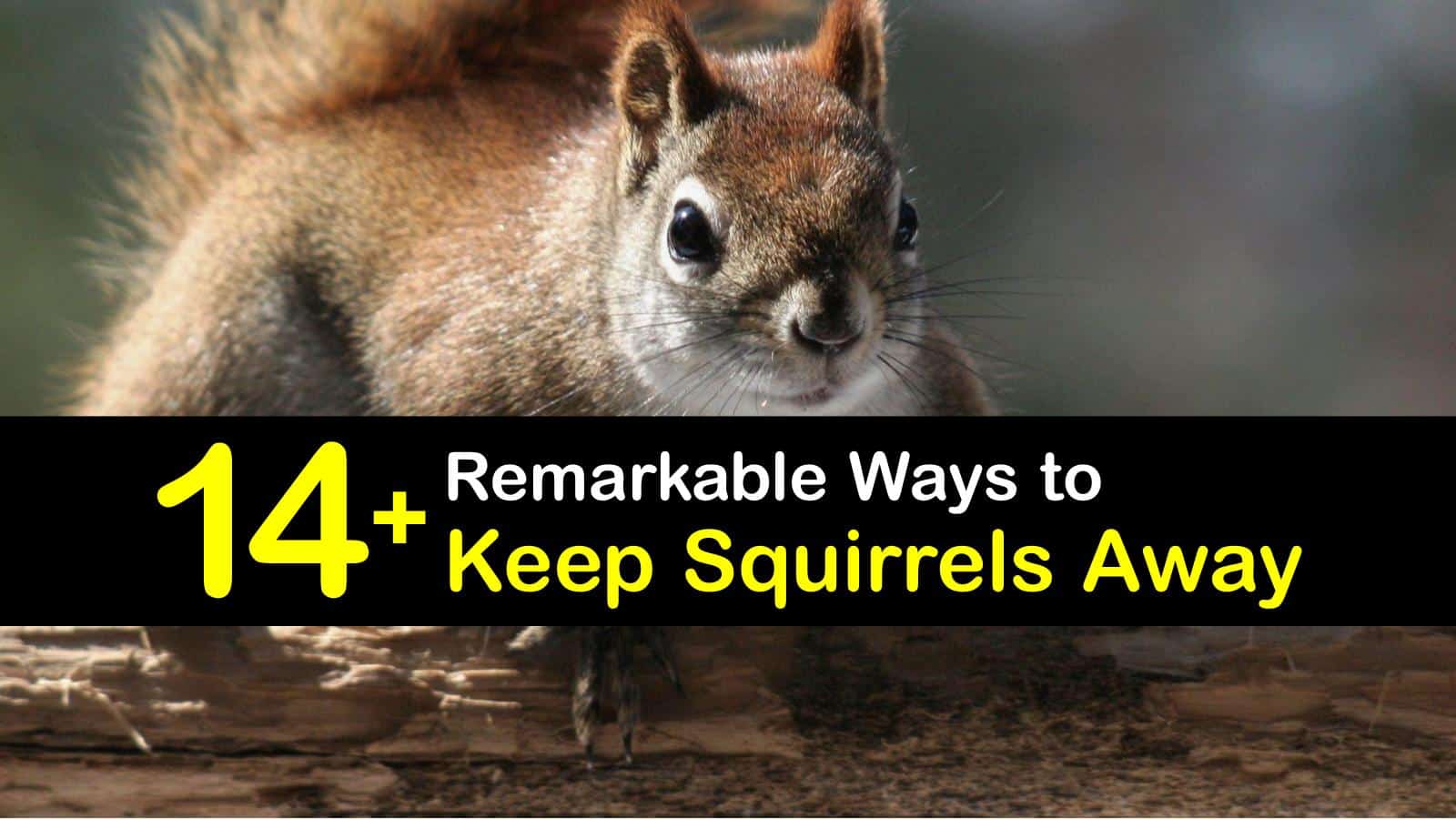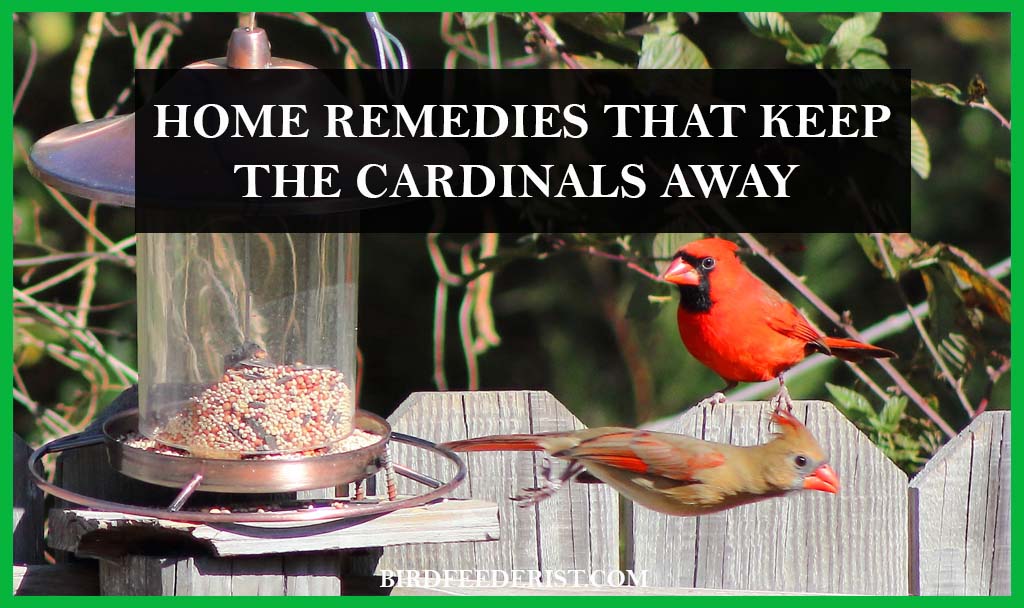Slugs In The House? Here's Our Guide on How to Get Rid of Slugs
Table of Content
Cooper tape wound around and around on a raised planter has shown to repel slugs and snails most of the time. You can create a slug killing spray by making a solution of ammonia and water. Mix 1 part plain household ammonia with 6 parts water. Pour this into a spray bottle, and spritz it onto the slugs whenever you see them. Just be careful not to use it directly on the plants, as over time it might burn the leaves. A slug’s Achilles ankle is its soft body, easily irritated by sharp or dry materials.
This is where you can usually find these pests when they aren’t chowing down on your leafy greens. Next time you eat any citrus foods that contain peels, don’t throw them out. These are known to be an effective method of keeping snails and slugs off your garden plants.
Get Rid of the Ones That Are Inside Your House
They have a unique body composition that reacts with copper. There is some controversy about whether iron phosphate pellets actually contain an ingredient that makes a toxic combination when applied. It has been said that it contains EDTA and that it is listed as an inert ingredient.

Thus, as soon as you spot them or see signs that they are there, make every effort to get rid of them from your garden. You will find more and more slugs in my country Australia, specially in spring. What if they are still babies, the ones I have in my home are about 1inch in size but they do look like they would turn into a full grown slug. They have been crawling up walls in my daughters corner where she kept her laundry and now just found one crawling on my blanket in bedroom.
Sprinkle Sand Around Plants
If you have a small slug infestation, you can control it by simply taking them at night. Hostas leaves are prone to infections and diseases, and when this happens, you may find your hostas leaves getting perforated. Slugs will trade and follow each other tracks on the ground. So what you have to do is erase all slime trails and make it impossible for them to connect. Although this method is time-consuming, yet it is reliable and effective.
Look for what slugs find irresistible as an old lettuce leave and leave it at a cool place. Slugs have pain receptors, so salt could be really painful for them. Some studies have shown that mollusks like slugs and snails still can feel pain, so coating them in salt and dehydrating them isn’t the most humane. The scent of the beer will attract unwitting slugs from all over, and they will slide down into the jar and drown in the beer. The yeast in the beer will attract the slugs, and in the morning, there will be some slugs in the cup. There are several materials that can kill slugs on contact.
Beer Trap
The next morning, flip the board over to find a bunch of slugs hiding there. You can place hair around the base of your plants and affected areas of your house to help eliminate or deter snails and slugs. To get rid of snails and slugs with vinegar, combine one cup of vinegar with half a cup of water in a spray bottle. Make a homemade slug-repellent spray by mixing 4 tablespoons of diatomaceous earth with a gallon of water. It will become effective against these pests once it dries out.

Coffee offers two advantages when preventing slugs on hostas. To prevent slugs on hostas from using beer, simply take a cup and fill it halfway with beer. There are three main approaches you can take to prevent slugs from eating your hostas.
A slug has a fragile body and will therefore not find the sharp edges on broken eggshells funny. It is a very effective way to get rid of slugs naturally. Considered a soil treatment, the powder can be sprinkled around your plants to make it harder to impossible for slugs to climb up onto your plants. It can irritate the eyes and lungs because it is a fine silicate substance, so use protective equipment when handling it. Be sure you also purchase food grade diatomaceous earth, not pool grade.

These can be used to make effective barriers to prevent slug movement, but they must be used carefully and kept dry. This natural slug trap also works great for greenhouses and indoor spaces. I usually see slugs in basements, hallways, kitchens, and even inside living rooms. This is especially true in older houses and any house that has dampness. Many people believe that it may be that their house is dirty and that is what attracts the slugs in the first place. I can assure you that this is not true—it is simply the environmental conditions of where you live.
Therefore, they evade crossing paths with copper as much as they can. This is also practical to use as it doesn’t deteriorate over time or require reapplication after each rain. Making beer traps is another DIY project that you can do by yourself.

This is a form of biological control for slugs and snails, and is effective in small gardens. You essentially water the garden with a solution of water and nematodes. While this is not exactly a pleasant through but it is organic and effective. Wool waste is a by-product of the wool manufacturing process. This is then turned into pellets that you can spread around your plants as a barrier.
That makes it different from slug killers such as pellets. Because they’re little, and because they have to get from point A to point B by squirming around, it can be challenging for them to get where they’re going. Chicken coop to your yard might be the perfect solution to your snail problem. Slugs love citrus, which means you can use them as a trap.
With a variety of techniques including lures and traps as well as using natural predators to rid you of slugs, you'll be slug-free in no time. Note that all of these methods work just as well for snails. Because slugs and snails are attracted to fruits, another option is to surround your garden with leftover peels of oranges, lemons, grapefruits or limes. Do so before night time and in the morning you’ll likely see the slugs and snails feasting on these treats instead of on your garden. This method means the snails and slugs will die, however, it’s part of nature and the natural food chain. Additionally it means you don’t have to use chemical pesticides in your garden.
Comments
Post a Comment